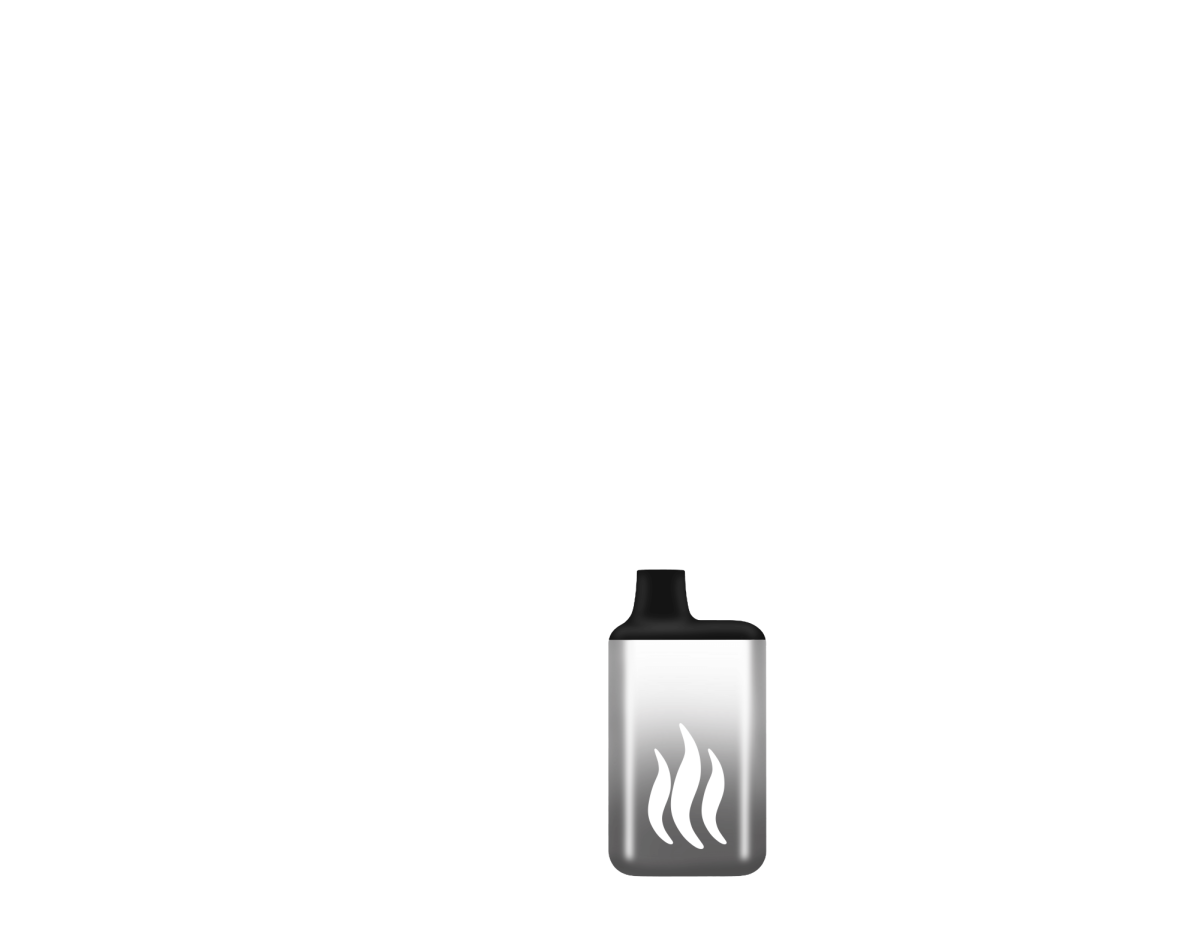Harriton High School. When the name is spoken, one may think about lavish lifestyles and old money. But how would someone feel if they found out that these lifestyles were built on the backs of enslaved people and swept under the rug like they never existed? Harriton High School’s name praises slavery and needs to be changed.
Examination and reform should not end where LM begins. Many students have become aware of and taken concern with the history of Harriton High School and, more specifically, its name. The name “Harriton” derives from Hannah Norris’s family, widely known as Norriton. Hannah Norris married Richard Harrison whose last names combined to form Harriton. Harrison, however, was a slave owner who built a 700 acre tabacco empire on the backs of enslaved African-Americans.
The name of a school has extreme importance. In many cases, schools will be named as a testament to the contributions of important historical figures. Schools are named after people who had a strong influence over the founding of that school. However, neither Harrison nor Norris contributed in any way to Harriton High School. What place does a slave owner with little to no connection with a school have in being celebrated by the establishment itself? When a school is named after a person with no connection to the given school, it is presumed to be named in remembrance and celebration of an individual or set of ideals an individual showed.
LMSD has attempted to justify the name by providing information about the history on the Harriton website. They mention that Thomson, the successor of the plot of land and plantation, was avidly against slavery and wrote to President Thomas Jefferson as such. They also pointed out the convenient plaque outside the main office that honors Thomson and his achievements. However, Thomson is not who the school is named after. A simple plaque in a lobby is not reparation for the damage of naming a building Harriton. Students should not have to walk through doors coated with praise for a slave owner. The unchanged status of the school’s name reveals a crucial pattern; our words and speech on equity mean little when we aren’t willing to admit our past and current wrongdoings. To admit this requires responsibility and accountability, which many in the district seem to lack. We must hold ourselves accountable for the history that stares us in our faces in the most blatant ways.
Changing Harriton High School’s name is imperative to accountability. Though the name of Harriton may present solace and lasting tradition to many, the history cannot be ignored. Many feel that changing the name will change the culture of Harriton and shift the present traditions. We would have to agree. Changing the name means adjusting present cultures that discount celebrations of slavery as a positive. It means forming a culture of accountability and willingness for students to be critical of their district. Furthermore, it would demonstrate to students the truth that slavery was a codemable atrocity with lasting impacts in the now. Those who contributed to it are not worth a celebration, a testament, or even a name.





